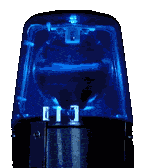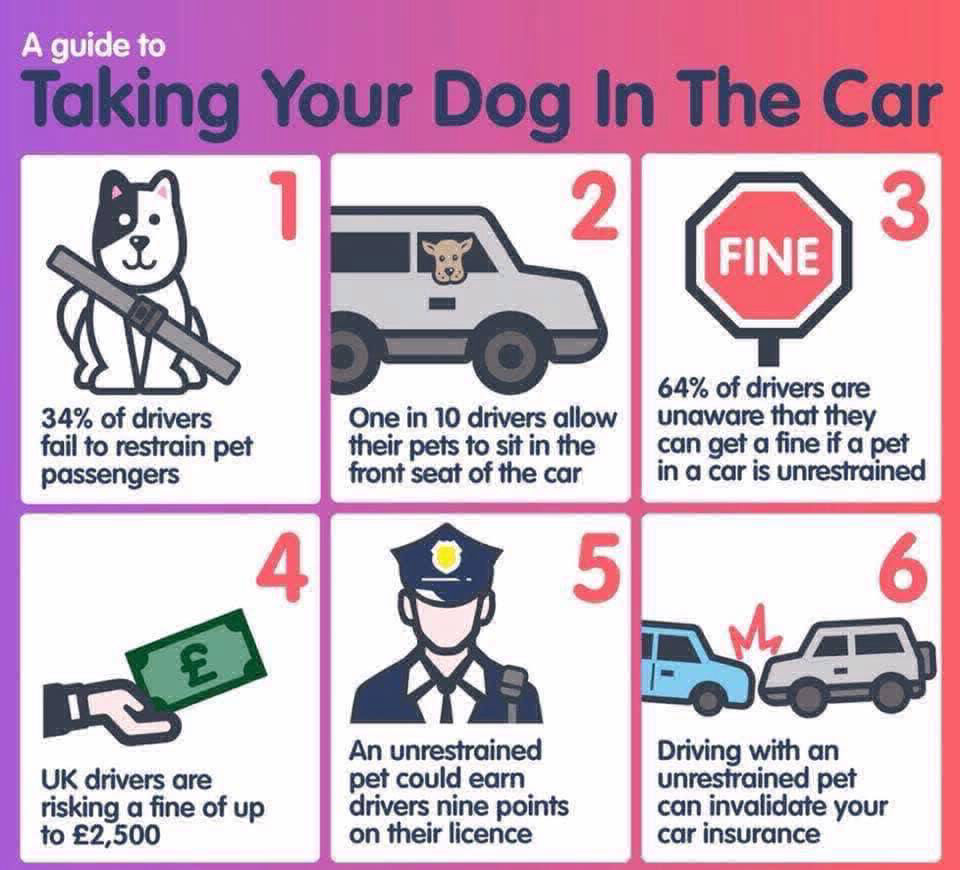I was lucky to receive advanced Driver Training (Roadcraft) and working for the Ambulance Service in London I got to see many accidents and the carnage and upset that comes with them.
In this section I want to create awareness of the dangers and try to reduce accidents by improving our knowledge.
REMEMBER
ACCIDENTS DO NOT HAPPEN - THEY ARE CAUSED !
WOO-DRIVE is a collection of tips, informative videos and road safety information, giving useful tools that can help improve our safety when driving.
We all believe we are great drivers and that we are brimming full with the advanced driving skills to get us out of any trouble. We falsely believe it can't happen to us, or the odds are in our favour. We become complacecent, allow ourselves to become distracted with mobile phones, music or eating and drinking. Some are so coninced they are invincible they show off on purpose.
But accidents do happen and they can happen to the best drivers in the world.
WARNING:
Some of the attached videos are graphic in nature, but sometimes it takes that shock element to make us sit up and take notice. Hopefully these videos will create awareness and make us turn off that phone and put it away, reduce the volume so we can hear, and prevent ourselves from being distracted by others.
Many drivers still misunderstand how a roundabout works, which lane to use, whether to indicate. The above video although designed for NSW still applies to the UK.
When to use, not use.
Something many drivers forget about, especially on dual carriageways and motorways.
Credit to: 5-minute Crafts
Credit to: Brightside.
Credit to: Brightside.
Credit to: Deboss Garage

Many drivers feel a wave of panic when they hear sirens and see a blue light vehicle approaching from behind.
Watch the attached video, see what these highly trained drivers want you to do to keep things safe.
Not everything is straight forward, look at these examples.
Credit to: Ashley Neal
If you are a Driver or a Parent,
Then take a good look at the photograph below.
Spend 30 seconds looking at the picture below, try to remember all you see.
So what did you see?
Cars, Van, Road signs, Yellow lines, white wall, trees?
But did you miss anything?
Was there something important there that you didn't spot in 30 seconds?
What about the child about to cross the road?
What child?
Look closer, the child is wearing dark clothing!
Now look at the photograph below.
Below is the same stretch of road, the child is standing in exactly the same place,
yet this time is wearing something much brighter.
If you did not see the child in the first picture in those 30 seconds, even at that short distance, then image driving at 30 mph or above on a wet or icy road.
In the time it takes you to spot the child and react, even applying full emergency braking you would be three or four times the distance down the road, level with the third car on the left.
Would you willingly place your child in such danger?
MAKE SURE YOUR CHILDREN DRESS WITH BRIGHT COLOURS!
Think SAFETY over FASHION!
And drivers, remember that not all children are easy to see!

Reporting Dangerous Driving and Anti-Social Behaviour on the road
Many of us now carry a mobile phone with the ability to take photographs and short videos. If you witness dangerous driving events or occurances of anti-social behaviour using vehicles, you can now send these to the Police so they can take action.
Try to get a clear shot of the vehicle registration numbers, but do not place yourself at any risk to get a good photograph. and definitely do not take pictures while driving.
Try to hold the camera horizontally if taking a picture or video, this will give a wider shot containing more information.
The chart is a rough guide of how long alcohol stays in the system, but this can vary with the individual.
DO NOT TAKE THE CHANCE !
Do not drink if you need to drive the next morning.


There are many laws and restrictions in the UK about towing whether that is another vehicle, caravan, stock trailer or horsebox, bike trailers, agricultural trailers,
Driver Age, Licence type, Weights, Sizes, Lighting, Braking, Safety devices, Mirrors, Registration plates, Speeds, Flammable gases and liquids, Trailer Nationality, all need to be fully considered before hitching up and setting off.
Only those who have passed their driving test and who hold a Full Driving Licence can tow a trailer or caravan on the UK roads, and even then many restrictions are in place.
Drivers who gained their Full UK Driving Licence after 1st January 1997 are restricted to towing trailers of up to 750kg and only if the Maximum Authorised Mass (MAM) of the vehicle and trailer combined does not exceed a weight of 3500kg.
To tow anything bigger you must now take the additional 'Car & Trailer Driving Test'.
'Grandfather Rights'
Those with FULL UK Driving Licenses that were obtained before 1st January 1997 remain entitled to tow trailers and caravans without taking the Car & Trailer Driving Test, but only to a MAM of 8250kg. and also allowed to drive a mini-bus towing a trailer over 750kg
ALWAYS CHECK THE REAR OF YOUR DRIVING LICENCE FOR ALLOWED GROUPS
Also be aware of what you tow, Trailers must be in a fully roadworthy condition and comply with all requirements as to coverage and security of goods when transporting materials. You may be fined up to £2500.00 and be awarded 3 points for not meeting these requirements.
American trailers and caravans do not always meet European Safety Regulations, you must first check that the vehicle meets all UK specifications and requirements.

Of course we are not going to let man's best friend drive us around, but do you fully understand the new laws regarding the transportion of animals in your own vehicles ?
Do you fully understand the Highway Law in relation to animals on the road ?
The risks and dangers and how to pass Horses on the highway ?

Just like our children, our pets now also have to be totally secure in our cars, no longer can they be allowed to move around the vehicle and they too require a Dog Seat, a Dog Harness, or be transported in a secured travel crate.
Failure to do so can result in a £2500.00 fine and 9 points on your driving licence.
Credit to: Grahams Road Veterinary Clinic
Credit to: Bonniedogsuk

Both vehicle owners and horse riders have responsibilities when on the public highway.
Both must abide by the Law and the Highways Code.
Riders need to make themselves as visible as possible, and motorists need to be aware of the risks, dangers and possible outcomes if they travel too close, too fast, or make exessive noise.

Rule 214
Animals. When passing animals, drive slowly. Give them plenty of room and be ready to stop. Do not scare animals by sounding your horn, revving your engine or accelerating rapidly once you have passed them. Look out for animals being led, driven or ridden on the road and take extra care. Keep your speed down at bends and on narrow country roads. If a road is blocked by a herd of animals, stop and switch off your engine until they have left the road. Watch out for animals on unfenced roads.
Rule 215
Horse riders and horse-drawn vehicles. Be particularly careful of horse riders and horse-drawn vehicles especially when overtaking. Always pass wide and slowly. Horse riders are often children, so take extra care and remember riders may ride in double file when escorting a young or inexperienced horse or rider. Look out for horse riders’ and horse drivers’ signals and heed a request to slow down or stop. Take great care and treat all horses as a potential hazard; they can be unpredictable, despite the efforts of their rider/driver.
Even though this rider may not agree with Horses being on public roads, he still follows the rules and gives them room.
Credit To: RJH Motorbike Training Manchester
Credit To: BritishHorseSociety
The Highway Code is very specific when it comes to passing Horses. Ignoring can lead to death of both the horse & rider.
Learn the rules !
Credit to: Clarity3670
If you have a passenger who has communication difficulties, these seatbelt sleeves will alert the emergency services in the case of an accident. Also holds personal information.
Credit to: One Good Thing.

See and be seen.
Clean away that haze from headlight lens using toothpaste and a toothbrush / cloth. Polish with a Microfibre cloth.

Place a sandwich or freezer bag over side mirrors at night to stop the ice building up on the mirror.

Break down the ice and let the acidity of the white vinegar clean away grime on the glass below.

Place old socks over wipers at night to stop them freezing to the windscreen glass.
If you travel any distance during winter weather, especially on motorways, then it is wise to prepare before you set off. Weather can change very quickly, accidents or incidents occur without warning stopping traffic for hours or as previous years have shown even days.
Remember you may not be able to run the engine for heat and light if fuel is low, so a few cheap additions of survival equipment could make all the difference if you do get stuck.
Foil survival blankets and instant heat packs can be bought from a pound shop, so can torches and batteries. Pack an extra set of warm clothing, gloves and warm hats. A few rugs or blankets. A rope and a shovel to dig you out. bottled water and a box of snack bars, and a flask of hot water.
A bucket or large empty water container could come in handy to use as a toilet too!
Credit to? IcyRoadSafety.com

With car parks charging extortionate fees to park, many try to avoid them by parking in nearby back streets, and with many households now having more than one car, parking space can be a problem on narrow roads.
Check before you park that there is sufficient room for a large emergency vehicle to get through without losing your mirrors or your car being damaged.
One day it could be you that is waiting for them to arrive !

Cars are not the only road users, and in the dark or bad weather conditions we all need to do what we can to be seen.
The picture shows the visible distance and the time taken for a motorist to register your presence., With an average stopping distance of 24 metres you can easily see what the best colours are to wear at night.
Use reflectors on your coats, improve your chances !
Nobody likes to watch explicit hard-hitting videos of accidents, especially when they involve children.
Yet it seems we still need to be reminded of the possible outcomes if we continue to ignore the rules.
Many still use their mobile phones, or do not wear seatbelts, despite laws being in place for many years now.
Watch these videos and
DONT BE ONE OF THEM !
CONTAINS VERY GRAPHIC AND UPSETTING SCENES
This hard-hitting video was made in Tredegar in Wales.
www.tredegar.co.uk

It has been illegal to use a mobile phone whilst driving since 2003.
Get caught and it means six points on your licence and a hefty fine, get caught a second time and you will lose your licence !
YOU WILL LOSE FAR MORE IF IT CAUSES YOU TO HAVE AN ACCIDENT.... MAYBE LIVES !
Credit to: Sgt. Harry Tangye Devon & Cornwall Police
Heartfelt description of attending a drink related fatal RTC and how it affects families, friends and the emergency services that attend.
Credit to: Safe Driving for Life.
Driver & Vehicl Safety Agency.
Credit to: Unexpected Entertainment.